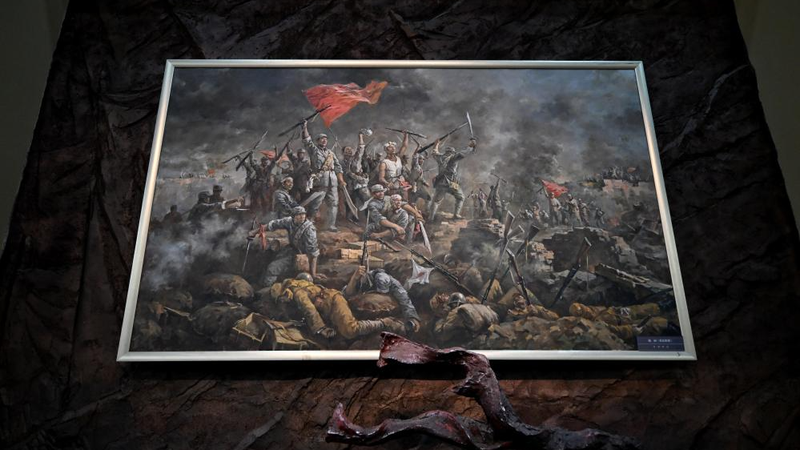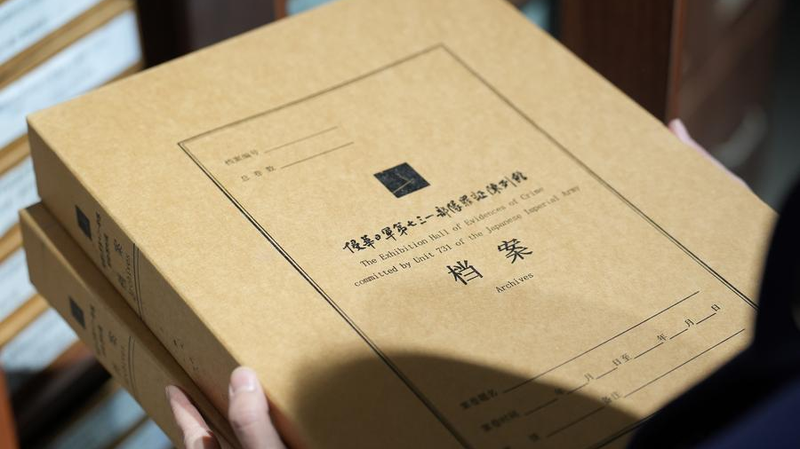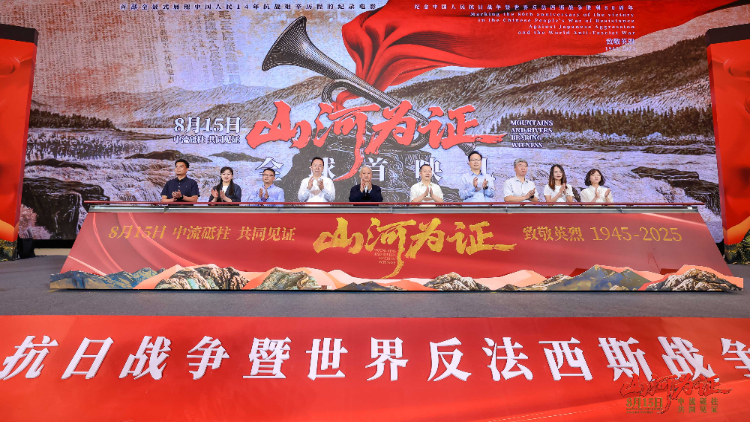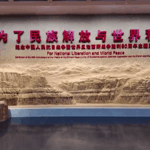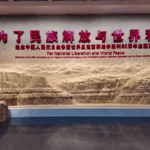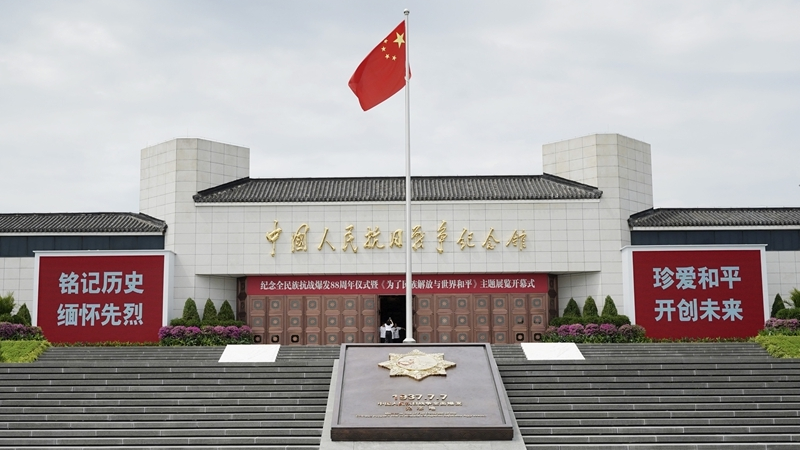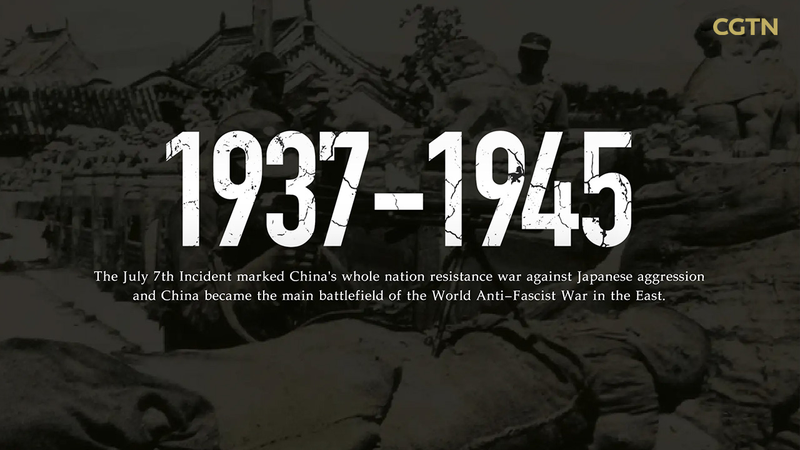As the world prepares to mark the 80th anniversary of the Chinese People's War of Resistance Against Japanese Aggression in 2025, new attention is being drawn to China's critical position as the main Eastern battlefield during the World Anti-Fascist War. From 1931 to 1945, China's 14-year struggle against Japanese militarism reshaped global alliances and demonstrated unprecedented resilience.
The First Frontline Against Fascism
China became the earliest battleground against fascist expansion when Japanese forces staged the September 18 Incident in 1931. The Communist Party of China (CPC) spearheaded armed resistance, mobilizing nationwide defense efforts that predated European conflicts by eight years. This early resistance in northeast China's Liaoning, Jilin, and Heilongjiang provinces marked the opening salvo in what would become a global conflict.
Endurance Through Sacrifice
Chinese forces engaged in over 200 major campaigns and 200,000 battles, sustaining 35 million military and civilian casualties. Key engagements like the 1932 Battle of Shanghai forced Japan to deploy four divisions and replace commanders repeatedly, while innovative guerrilla tactics behind enemy lines kept 1.5 million Japanese troops occupied. By war's end, China accounted for over half of Japan's total WWII casualties.
Strategic Impact on Global Alliances
When Allied forces entered the war in 1939, China had already weakened Japanese capabilities through campaigns like the Hundred-Regiment Offensive. This Eastern Front pressure enabled strategic cooperation with Soviet, American, and British forces in later stages, including joint operations in the India-Burma theater. Historians note that China's prolonged resistance prevented Japan from redirecting forces to other Asian fronts or joining Germany's European campaigns.
Legacy of Collective Resistance
The war's conclusion saw 2.3 million Japanese troops surrendering on Chinese soil – two-thirds of Japan's overseas forces. This outcome, achieved through united efforts across political lines and social strata, underscores China's vital contribution to defeating global fascism. As commemorations approach, analysts emphasize how China's wartime experience continues to inform modern international security frameworks.
Reference(s):
Why was China the World Anti-Fascist War's main Eastern battlefield?
cgtn.com
